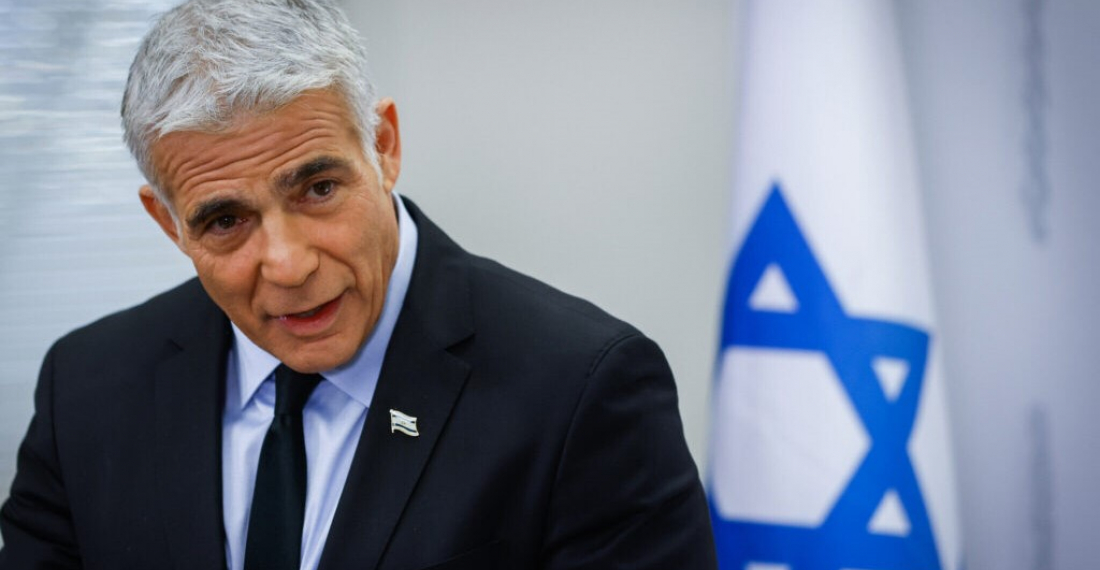Israeli leaders appear to have recently softened their position as regards a nuclear deal with Iran, saying they would not oppose "a good deal". Israel’s foreign minister, Yair Lapid, said that Israel would have no problem with a strong nuclear deal with Iran on condition that the deal permanently limits Iran’s ability to assemble a nuclear weapon.
The comments from Lapid came after a meeting with Jake Sullivan, President Biden’s national security adviser. The latter had travelled to Israel to find what he called a common strategy with the Israeli government. Lapid added that the second option, if no such deal is secured is to tighten sanctions. Later, prime minister Naftali Bennett added that Israel would not automatically oppose a nuclear deal with Iran but called on world powers to take a firmer position.
However, not everyone in Israel is happy. National Security Adviser Eyal Hulata told the Knesset Foreign Affairs and Defense Committee that even though Iran is using nuclear blackmail, he believes the international community is united and determined and will force greater strategic concessions from Iran than in the past. The Israeli government says it had succeeded in bringing the world’s attention to Iranian nuclear threats and the obligations they must commit to.
Israeli has up to now vigorously debated whether to support the negotiations with Iran, or to urge the United States and Europe to abandon the effort. Former prime minister Benjamin Netanyahu opposed the deal under the Obama administration and lobbied Trump to abandon it. While appearing to close the gap between the US and Israel, Lapid said that Israel had the right to protect itself from its biggest existential threats.
The latest round of talks started before the new year, with a short New Year holiday pause, and then resumed this week but with the old disagreement on what comes first: lifting sanctions or compliance by Iranians. Iran is still looking for guarantees in Vienna that the sanctions will be lifted. Iran wants all sanctions to be lifted and a guarantee that that the US will not withdraw from the agreements again. Reports from Vienna say negotiators are working from two draft documents. The progress on the draft documents is unclear but Western countries seem keen to reach an agreement by February.







